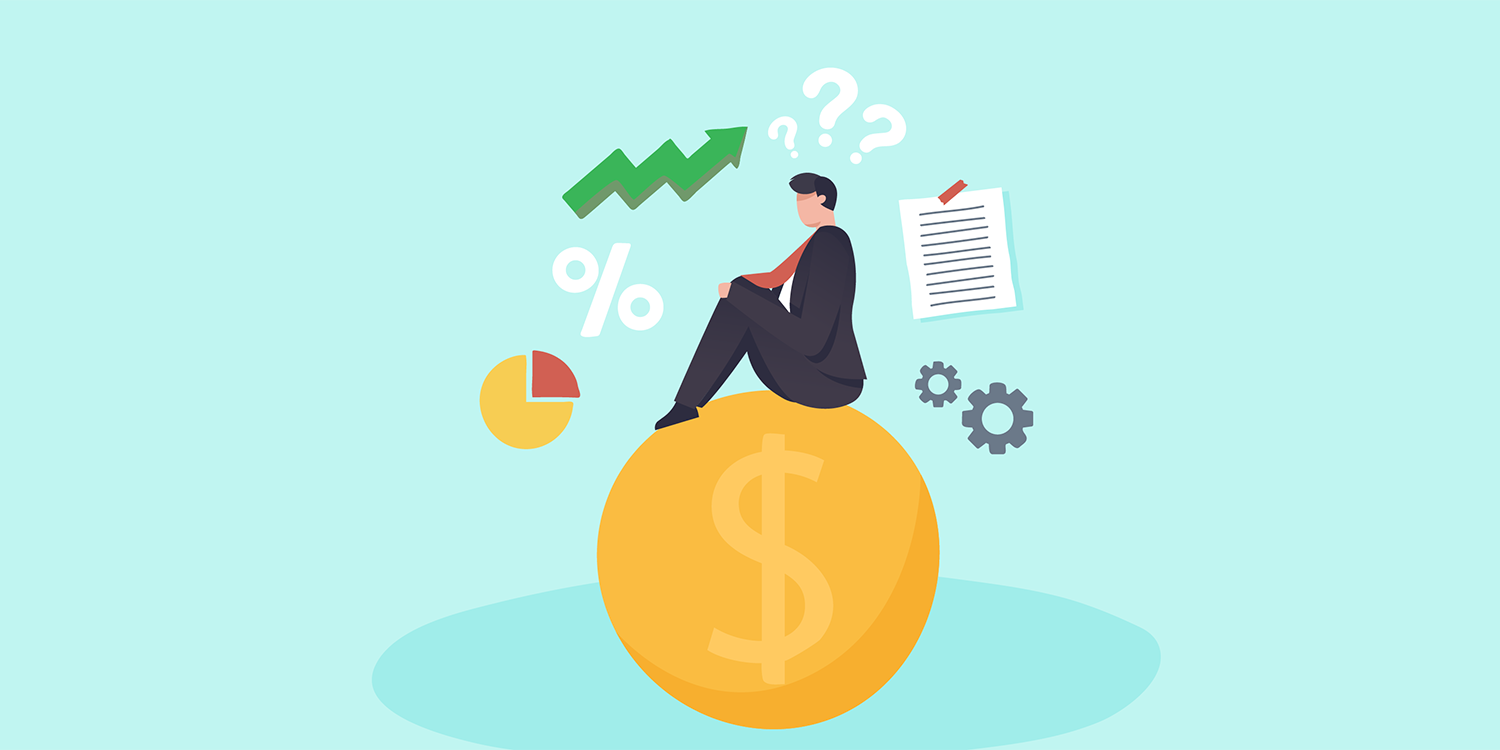Credit scores are used in our country as a method to determine an individual’s financial responsibility. The three-digit credit score means more than just the possibility of fiscal responsibility to the lender. They are part of a formula called credit utilization. Understanding how your ‘number’ fluctuates regardless of making payments on time, can help you get more from your credit score.
It is possible to make payments on time and still have a low credit score. Your credit utilization ratio is the relationship between your credit balances and your credit limits, expressed as a percentage. It is a measurement of what you owe against your overall ability to borrow. Simply put, if you have credit limits that are the same as your credit balance, regardless of consistent and on-time payments you will have a lower score.
One thing to remember about credit utilization is that it calculates at the specific time your available credit determines, which is once a month shortly after the statement closing date on each of your accounts. Credit Utilization is all about the timing of the information relayed by the credit issuer to the reporting agencies.
Tips to ‘Beat the System’ of Credit Utilization:
- Keep Balances 30% below the credit limit each month even if you pay it off monthly
- Don’t make minimum payments-double or triple payments if you can’t pay off the entire balance
- Remember FICO Calculates a score using credit utilization from 30%-Amounts owed, 10%- Types of credit in use, 35%-Payment history, 10%-New Credit, and 15%- Length of credit history
The lending business-which can’t survive without borrowing to consumers-has found a way to score probability (credit utilization) in a way that is not always in the consumer’s favor. So how long can credit utilization hurt your score? The answer is as long as it takes you to pay off your debts.
If it takes you years to eliminate your debt, it will take years before your credit score improves. However, paying off accounts with lower balances first while working toward paying off larger balances will help you improve your score almost immediately.



